Xi Jinping, general secretary of the Communist Party of China (CPC) Central Committee, Chinese president, and chairman of the Central Military Commission, stressed during the recent inspection tour in Inner Mongolia Autonomous Region that the autonomous region should profoundly understand the CPC Central Committee's strategic positioning of Inner Mongolia, fully and accurately implement the new development philosophy on all fronts, and closely center around the primary task of promoting high-quality development. He required the region to follow the guideline of forging the strong sense of community of the Chinese nation, continuously attach equal importance to development and security, prioritize ecological conservation and green development, proactively integrate into and serve the building of a new development pattern, and make new progress in building "Two Barriers," "Two Bases" and "A Gateway," so as to write a new chapter of Inner Mongolia's development in advancing Chinese modernization.
From June 7 to 8, after the inspection tour in Bayannur City and presiding over a symposium on strengthening comprehensive prevention and control of desertification and promoting the construction of such key ecological projects as the Three-North Shelterbelt Forest Program, Xi went on a fact-finding mission to Hohhot, accompanied by Sun Shaocheng, secretary of Party committee of Inner Mongolia Autonomous Region, and Wang Lixia, the autonomous region's chairwoman.
On the afternoon of June 7, Xi came to the Zhonghuan Industrial Park. At the exhibition hall of the industrial park, Xi was briefed on how industries of new energy and new materials have been developed, how industrial structure has been adjusted and optimized, and how green and low-carbon development has been promoted in the park. Xi then went to a workshop to check production procedures on the spot, and learned about research, development and production of semiconductors and photovoltaic materials of enterprises in the park. He stressed that it is a prerequisite to pursue green development. It is of utmost importance for Inner Mongolia to promote transformation and upgrading of traditional energy industries, boost green energy, and develop itself into a key national energy base. Inner Mongolia has set clear goals, and taken the right path, and has promising prospects with much room of growth in this regard, Xi said. Before he left, Xi told employees of the enterprises gathering to see him off cordially that their enterprises are well run and so is the park, which is inspiring. At present, it is up to self-reliance and strength in sci-tech and building new development pattern to realize breakthroughs in science and technology. Building a strong domestic market is to ensure sound operation of the Chinese economy in extreme circumstances, which is not contradictory to China's participation in the international market. We have been unswervingly striving for high-level opening up to achieve win-win cooperation, Xi noted. He hoped that the enterprises and employees would work harder and make greater achievements.
On the morning of June 8, Xi listened to a report on the work of Inner Mongolia Autonomous Region by the region's Party committee and government, and affirmed the region's achievements in various aspects of work.
Xi stressed that Inner Mongolia should accelerate efforts to improve industrial structures and vigorously develop advantageous and feature industries. Inner Mongolia is our country's major base of energy and strategic resources, agricultural and livestock product production base, as well as an important gateway in China's northward opening up, and therefore the region must take into account its own advantages, features and strategic positioning when it comes to optimizing its industrial structures, vigorously develop advantageous and feature industries, blaze a new path for the transformation and development of resource-intensive regions, and strive to build a modernized industry system featuring Inner Mongolia's advantages. The autonomous region should give full play to its advantages in the energy industry so as to achieve success in developing modernized energy economy. It should give full play to its advantages in strategic resources, promote protective exploitation, high-quality utilization and regulated management of such resources, and strengthen the local intensive processing of energy resources, so as to do a good job in developing its strategic resource industry. It should give full play to its advantages in agriculture and animal husbandry, focus on such aspects as land, technology, seed source, water and grass, make steady progress in improving the layout of agricultural and livestock breeding areas and the production structure, push forward the transformation of agriculture and animal husbandry, vigorously develop ecological agriculture and animal husbandry, improve the refined and intensive processing of agricultural and livestock products as well as the brand building of green and organic food, advance the integrated development of primary, secondary, and tertiary industries, in order to promote the high-quality development of its agriculture and animal husbandry. It should also take an active part in the Belt and Road Initiative, and in the construction of the China-Mongolia-Russia Economic Corridor, open wider to the outside world, build itself into an important gateway in our country's northward opening up and play a greater role in fostering positive interplay between domestic and international economic flows. Inner Mongolia should strengthen cooperation with the Beijing-Tianjin-Hebei region, the Yangtze River Delta, the Guangdong-Hong Kong-Macao Greater Bay Area and the three provinces in northeast China, and better integrate its development into the domestic and international economic flows.
Xi pointed out that strengthening the eco-security shields in the northern region is among the most fundamental interests of the country, which Inner Mongolia must firmly keep in mind. Xi called for holistic conservation and governance of mountains, rivers, forests, farmlands, lakes, grasslands and deserts, and well-organized source control of sandstorms in Beijing and Tianjin, and construction of key projects such as the Three-North Shelterbelt Forest Program. Enforcement of red lines for the protection of the ecosystems should be enhanced, and programs of turning more marginal farmland into forests, returning grazing lands to grasslands, keeping the balance between grass yield and the number of livestock raised should be implemented, and so should grazing ban and suspension. Xi called for more efforts in protecting natural forests and water sources and soil conservation, and unremitting promotion of the natural regeneration of grasslands, forests, rivers, lakes, and wetlands. Efforts should be made to accelerate comprehensive conservation of water ecosystems, such as the ones of the Hulun Lake, the Ulan Suhai Lake, also known as Wuliangsu Lake, and the Daihai Lake, strengthen prevention and control of air, water and soil pollution, so as to build a Great Green Wall in north China. Xi urged the region to further consolidate the progress of "trees forcing sand to retreat" it has made, adopt differentiated measures and pool resources to carry out large-scale desertification prevention and control projects in key areas, continuously innovate the methods and improve comprehensive efficiency in desertification control.
Xi underscored that as far as China's drive to advance toward common prosperity in the whole country is concerned, the most difficult task is in border areas with mainly ethnic minority populations, which should not be left behind on the road toward this destination. We must adhere to a people-centered approach and work harder to ensure and improve people's wellbeing when seeking development. It is necessary to strengthen areas of weakness concerning people's wellbeing, improve people's livelihoods, and ensure that people of all ethnic groups can feel the tangible efforts made to achieve common prosperity. It is essential to implement the employment-first policy on all fronts, and to prioritize achieving fuller and higher-quality employment. This includes improving the policy framework, strengthening services for training, and taking targeted and effective measures to reduce burdens, stabilize employment, and increase job opportunities. We should support diverse and flexible channels for employment, with a focus on employment for graduates, veterans and migrant workers. Work must be done to create employment opportunities and provide necessary support for households that have been lifted out of poverty, receive subsistence allowances, or have no one being employed, and for people with disabilities who face difficulties in finding jobs. It is important to improve a multi-tiered social security system, expand its coverage, and increase social assistance, medical assistance, subsistence allowances and support for households in need. We should also develop the elderly care industry and services. We must consolidate and build on the achievements of poverty alleviation, focus on accelerating the development of counties that have escaped poverty, foster growth drivers in those areas and sources of income for population that have emerged from poverty, and prevent them from relapsing into poverty on a large scale. We must ensure workplace safety with a sense of responsibility that leaves no room for negligence. We need to improve the system, ensure responsibilities are fulfilled, and make every effort to thwart major safety accidents, guaranteeing the safety of people and their property.
Xi noted that forging a strong sense of community of the Chinese nation is the guideline for the Party's work related to ethnic affairs in the new era, and also the guideline for various aspects of work in regions with large ethnic minority populations. This guideline must be closely followed in such regions when it comes to economic growth, political work, cultural advancement, social development, ecological conservation and Party building. When introducing either laws and regulations or policies and measures, the cultural homogeneity of the Chinese nation must be the element to be strengthened in order to foster a stronger sense of community. The national standard textbooks must be used in all schools to ensure that teenagers from all ethnic groups have a good command of standard spoken and written Chinese language. The layout and planning of urban and rural development must be well coordinated and so must be the distribution of public service resources, so as to create a better social environment where people from all ethnic groups can live, study, work, enjoy themselves together and jointly contribute to its development.
Xi stressed that it is an important experience proved effective in history to mobilize the entire Party by organizing intensive study campaigns to address prominent misdeeds concerning its conduct with the spirit of self-reform. In the eyes of the general public, whether the misdeeds in Party conduct are rectified and whether Party members and officials have made progress in improving their conduct are the benchmark of whether the theoretical study program works. It is imperative to make sure that healthy conduct is cultivated through theoretical study. Goal-oriented thinking must be combined with problem-oriented approach, and theoretical study, investigation and rectification must be well integrated. It is imperative to identify shortfall to make up against the requirements of Party conduct, detect the root causes of problems against the requirements of Party standards, clarify measures against the requirements of Party discipline, so as to actualize the effectiveness of discipline inspection and rectification. It is necessary to vigorously promote pragmatic style, do a good job in investigation and research, work hard to identify facts, take concrete measures, and seek tangible results, so as to ensure that the work is carried out on a solid foundation and in a down-to-earth manner, and substantial progress is made in refraining from pointless formalities and bureaucracy. Taking this theoretical study program as an opportunity, we should make further progress in investigation and research. It is necessary to uphold integrity, educate leading officials at all levels to firmly establish a correct view on power, comprehensively identify areas of corruption risks, build a solid ideological defense, and toe the red line of law and discipline. It is necessary to optimize relevant systems, strictly enforce discipline, and build guardrails to make sure that officials do not have the audacity, opportunity and desire to engage in corruption. We should promote frugality and treat lifestyle issues as an important aspect of discipline inspection and rectification, and urge Party members and leading officials to remain sober-minded and firmly uphold the guiding principles of the Party Central Committee's eight-point decision on improving Party and government conduct and their implementation details.
Cai Qi, a member of the Standing Committee of the Political Bureau of the CPC Central Committee and director of the General Office of the CPC Central Committee, accompanied Xi on the inspection tour.
Li Ganjie and the leading officials of the relevant central Party and government departments were on the inspection tour, and leading officials of the First Central Steering Group for theoretical study program attended the meeting.








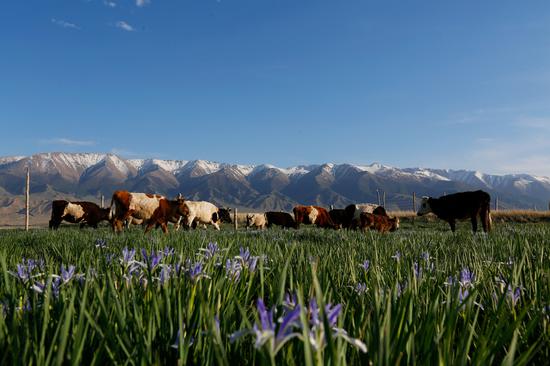

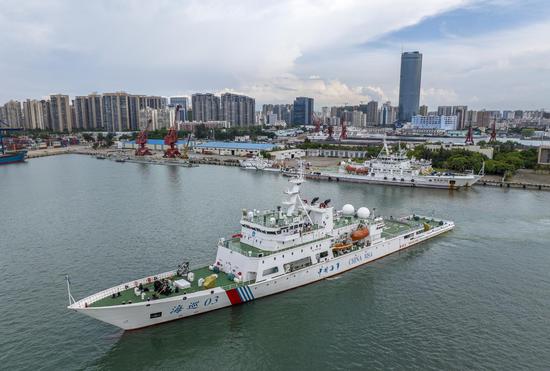
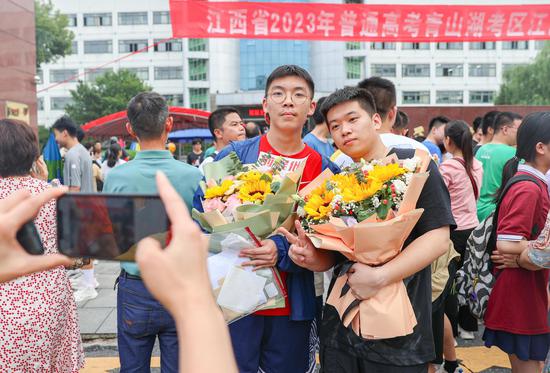

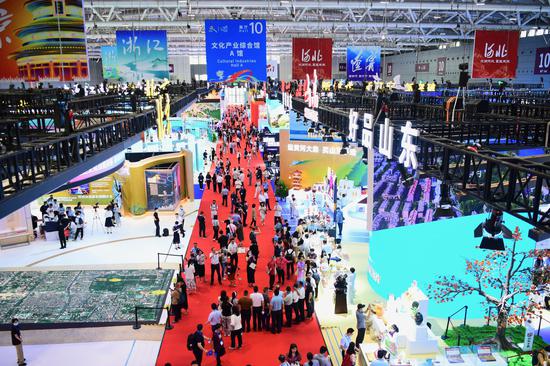
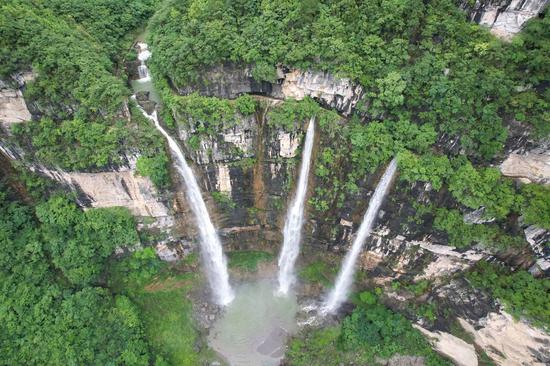

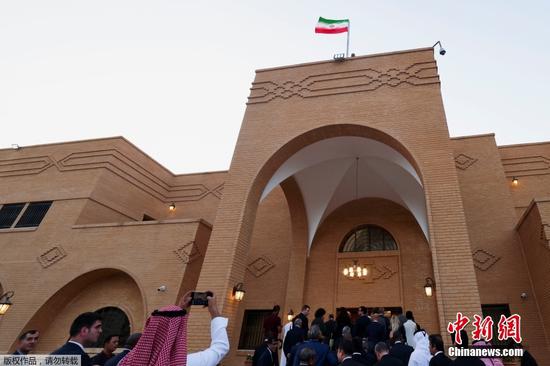
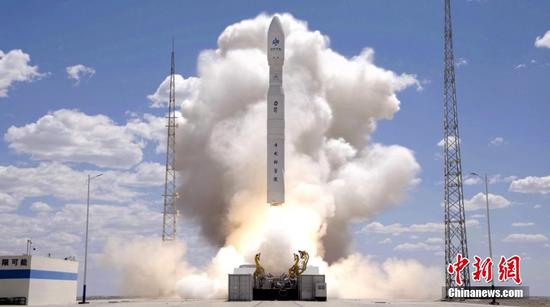




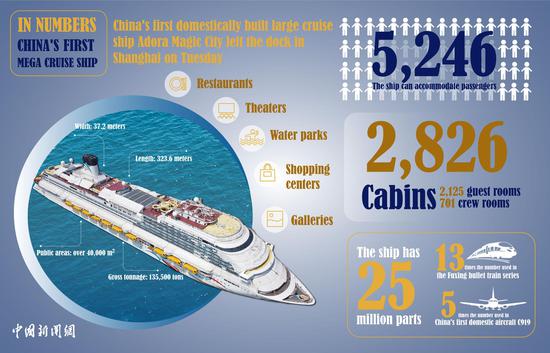
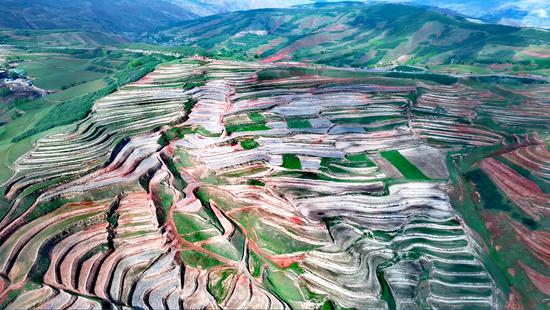
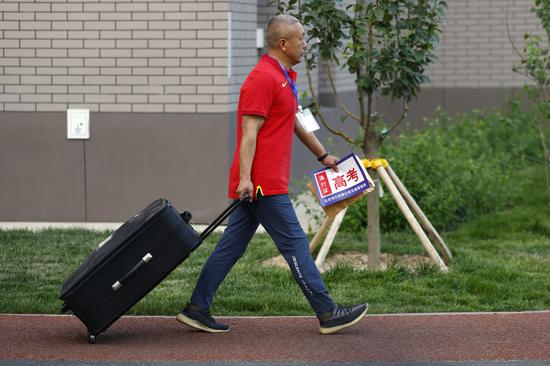


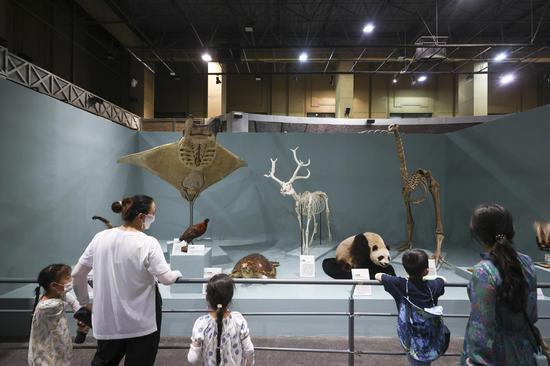
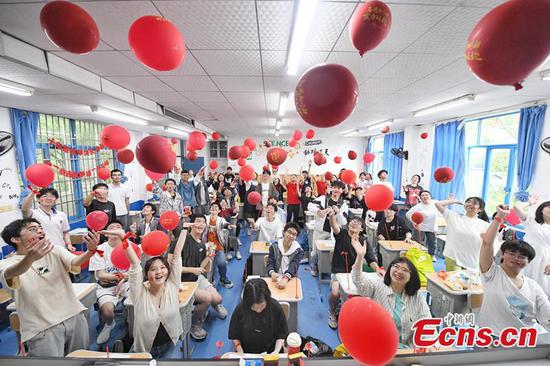



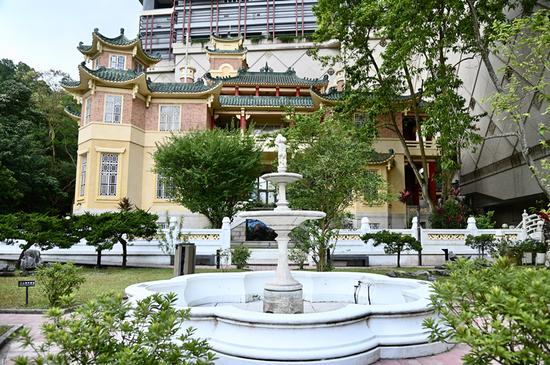
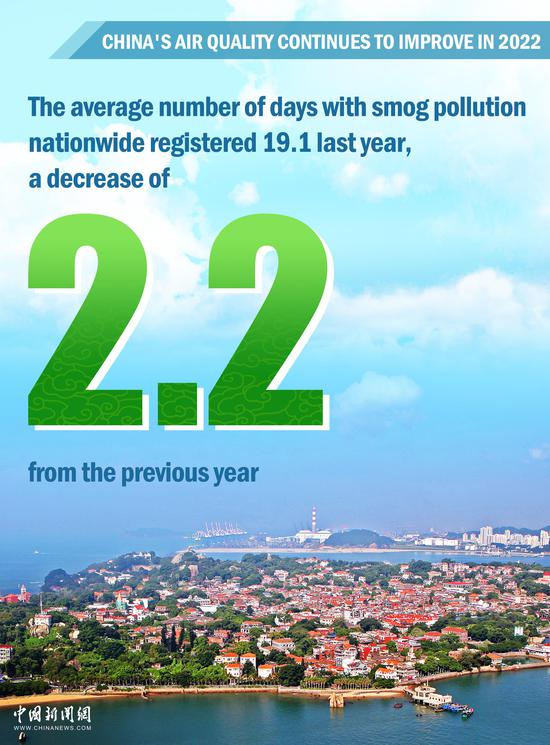
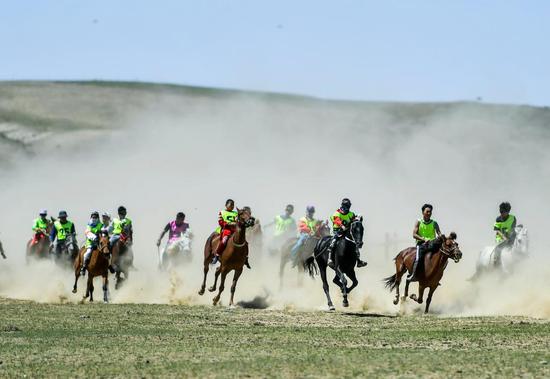
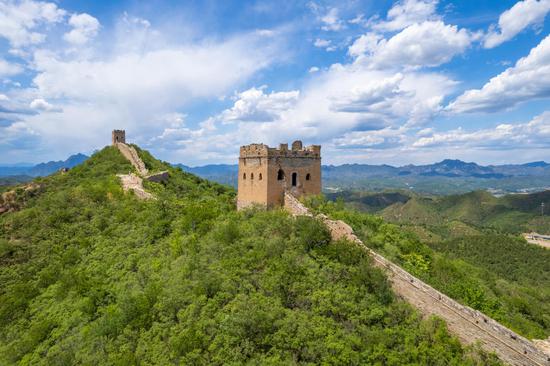

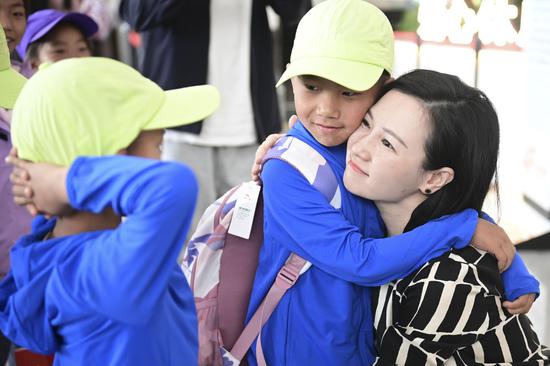
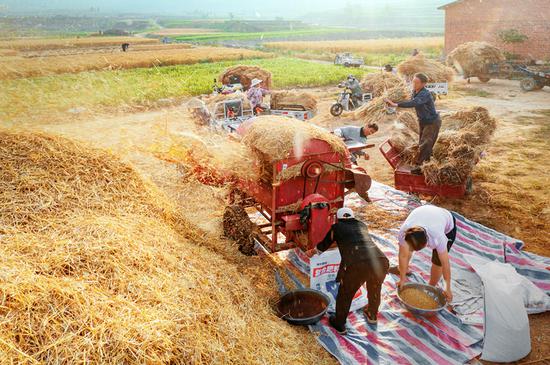
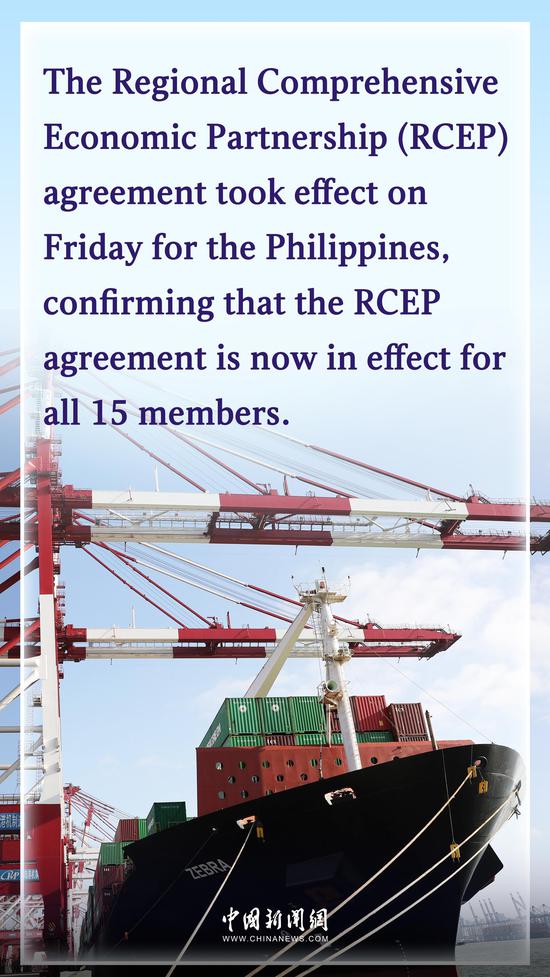
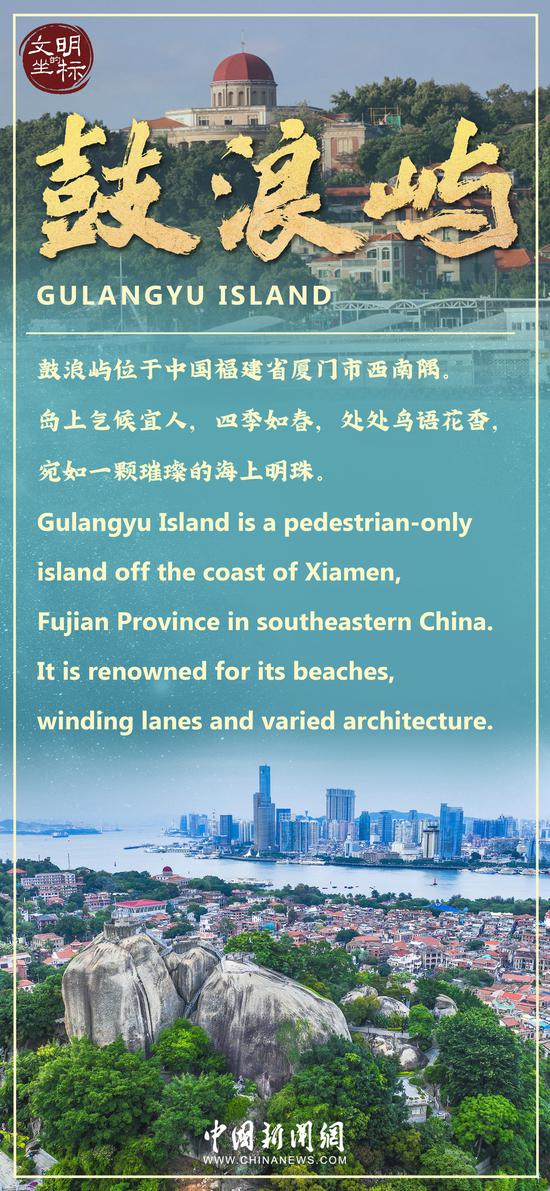
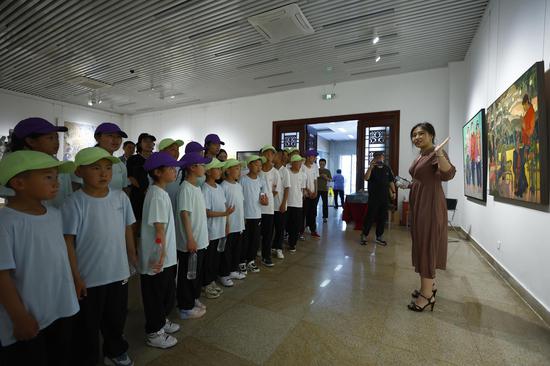


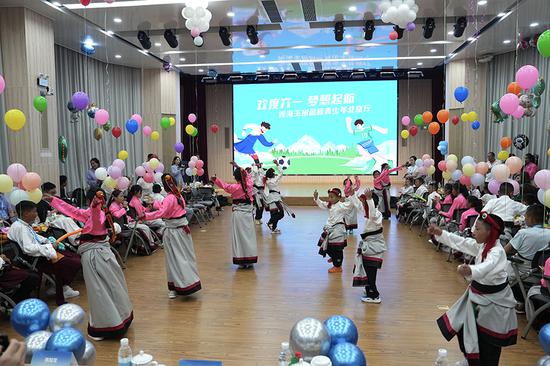





 京公网安备 11010202009201号
京公网安备 11010202009201号